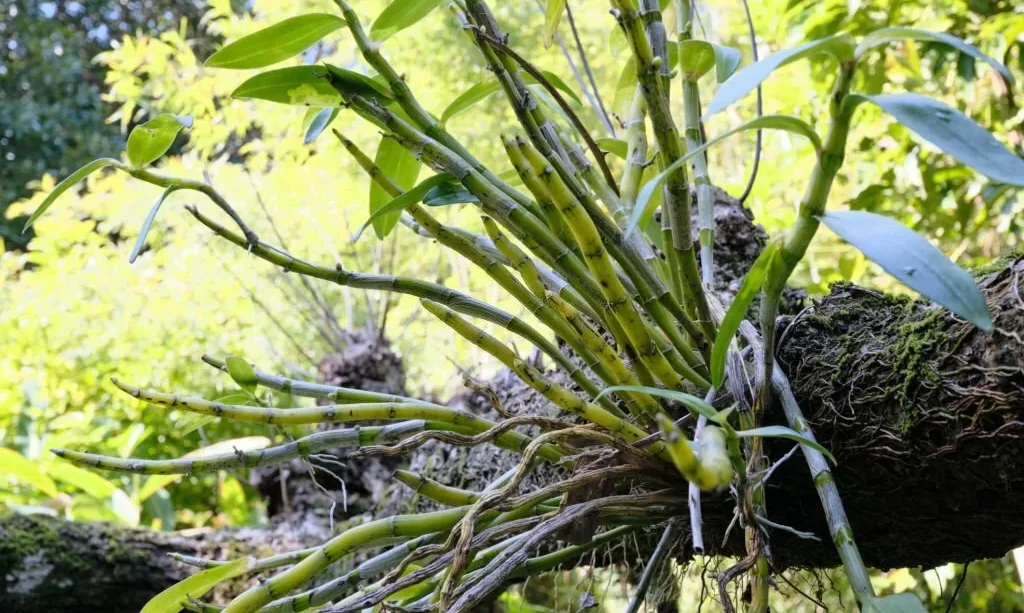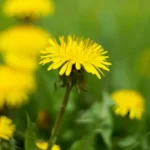Orchids, with their breathtaking beauty and enigmatic allure, have captivated the hearts of botanists, gardeners, and enthusiasts for centuries. They adorn homes, gardens, and tropical landscapes with their exquisite blooms, but there’s more to these plants than meets the eye. Today, we embark on a journey to demystify the orchid world, with a specific question in mind: “Is an orchid a parasite”? While we may admire their elegance, we’ll explore the science behind their existence and whether they could be considered as parasitic plants.
What Orchids Are
Orchids are a botanical marvel, boasting a diverse and extensive family of over 25,000 species. These plants are renowned for their intricate and often flamboyant flowers, which come in a wide spectrum of shapes, colors, and sizes. Orchids have long held a special place in the world of horticulture and culture, symbolizing love, beauty, and refinement. Beyond their aesthetic appeal, orchids display an astonishing range of adaptations, and it’s these adaptations that we’ll delve into to answer the question of their potential parasitic nature.
The Orchid Family
Within the vast realm of orchids, there exists a remarkable diversity of species, each with unique characteristics and ecological preferences. Orchids can be found in a variety of habitats, from lush tropical rainforests to arid deserts. Some thrive on the forest floor, while others cling to trees, earning them the name “epiphytes”. The orchid family encompasses terrestrial species that grow in soil and those that cling to rocks, and each has its own distinct way of obtaining the nutrients they need to flourish. It is within this rich tapestry of orchid diversity that we begin our exploration to determine whether orchids can be classified as parasites.
Orchid Nutrition
To understand whether orchids are parasites, we must first examine how these enigmatic plants obtain their nutrition. Unlike traditional parasitic plants that directly feed off their hosts, orchids have developed a unique strategy. They are not parasites in the conventional sense. Orchids rely on a complex relationship with fungi in the soil to obtain the nutrients they need for growth. This mycorrhizal association allows them to access essential minerals and organic matter, making them more like “partners” with the fungi rather than parasites. It’s this fascinating cooperation that sets orchids apart from true parasites.
Epiphytic Orchids
Among the diverse family of orchids, one group that often comes to mind when considering parasitism is epiphytic orchids. These orchids grow on trees, using them as a support structure, but they are not sapping nutrients from their hosts. Instead, epiphytic orchids harness rainwater and organic debris that collect around their host trees. They’re more like freeloaders, not parasites. Epiphytic orchids have evolved to make the most of their arboreal habitat, showcasing their remarkable adaptability and unique way of life.
Mycoheterotrophic Orchids
Delving even deeper into the orchid world, we encounter mycoheterotrophic orchids. These remarkable plants have taken their relationship with fungi to an extraordinary level. Unlike most orchids, they don’t rely on photosynthesis at all. Instead, mycoheterotrophic orchids are entirely dependent on fungi for sustenance. They tap into the fungal network in the soil to obtain all their nutrients, making them closer to parasitic relationships. However, it’s essential to note that they parasitize the fungi, not other plants. This adaptation adds another layer of complexity to the question of orchid parasitism.
Conclusion
In conclusion, while orchids have some remarkable adaptations that might seem parasitic at first glance, they do not fit the traditional definition of parasitic plants. Orchids are more like botanical marvels, forging intricate relationships with fungi, trees, and the environment to thrive. So, is an orchid a parasite? The answer is no, not in the way we typically think of parasites in the plant world. Orchids are unique and awe-inspiring in their own right, offering a lesson in the complexity of the natural world. They may not be parasites, but they are certainly a source of wonder and fascination for all who explore their captivating world.



